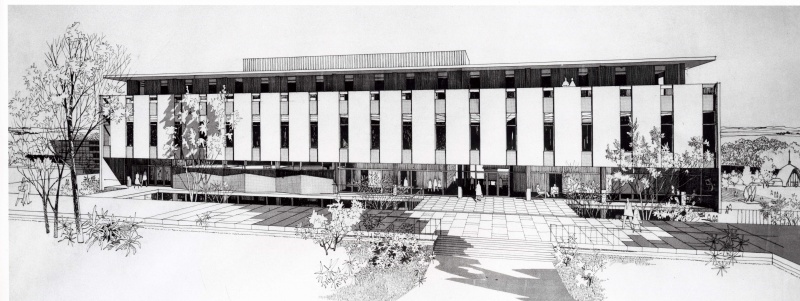PDF
An archaeology of Keynesianism : the macro-political foundations of the modern welfare state in Canada, 1896-1948 Item Info
- Title:
- An archaeology of Keynesianism : the macro-political foundations of the modern welfare state in Canada, 1896-1948
- Creator:
- Krywulak, Timothy Bruce
- Date Created:
- 2005
- Degree Awarded:
- Doctor of Philosophy
- Subjects:
- Welfare state Keynesian economics Capitalism Canada
- Geographical Focus:
- Canada
- Supporting Materials:
- n/a
- Description:
- The conventional wisdom on socio-economic policy in Canada underwent a dramatic shift between the First National Policy of Sir John A. Macdonald and the Second National Policy of William Lyon Mackenzie King. Over the course of just one generation during the early to mid-twentieth century, the federal government moved from a fairly narrow pursuit of economic development throughtariff protection, transportation subsidies, and immigration promotion to a much more expansive quest for economic and social stability through a host of new policy nitiatives such as old-age pensions, unemployment insurance, and family allowances. Thus far, this transition has been variously described as a revolution in economic thought emanating from the mind of British economist John Maynard Keynes, a dramatic re- engineering of the state by civil service mandarins who had been influenced by Keynesian ideas, a liberal-democratic response to socialism, or a natural outcome of industrialization, urbanization, the Great Depression, and other historical events. This study suggests that we can advance our understanding of this process even further by reevaluating our assumptions about the seemingly autonomous influence of individuals, ideas, and events. To do so, it seeks to dig down below the immediate causes to the longer-term transformations that propelled the transition from one policy paradigm to another. This “archaeological® approach thus directs our attention towards long-rumn developments such as the expansion of the university system, the growth of large-scale business firms, the rise of organized labour, and the centralization of the provision of social welfare into large public and private bureaucracies. Moreover, at even deeper levels, it brings us to an examination of the rise of new scientific disciplines in areas such as business, economics, and psychology, as well as the reshaping of concepts such as the individual worker, the unemployed worker, and the national income. Collectively, over the course of the late nineteenth to the early twentieth centuries, these complex and disparate transformations laid the intellectual and political groundwork for a new consensus on socio- economic policy among key interest groups in the state, academic, business, and labour communities in Canada. In short, these transformations formed the macro-political foundations of Canada’s postwar, “Keynesian” welfare state.
Source
- Preferred Citation:
- Krywulak, Timothy Bruce. An archaeology of Keynesianism : the macro-political foundations of the modern welfare state in Canada, 1896-1948. 2005. Carleton University, Doctor of Philosophy.
- Reference Link:
- https://cuhistory.github.io/grads/items/hist_147.html
Rights
- Rights:
- Copyright the author, all rights reserved, unless otherwise indicated.

